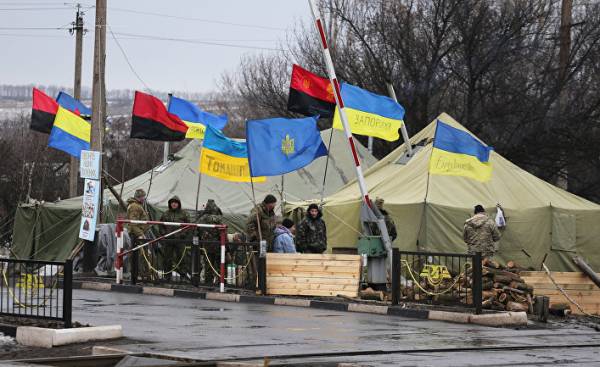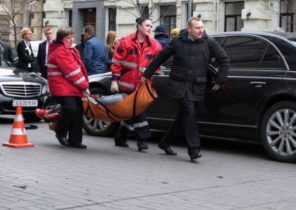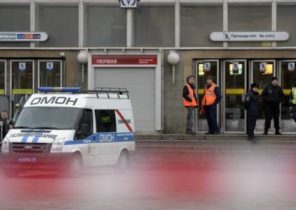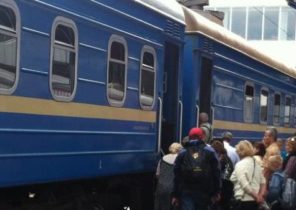
In Ukraine, the situation became even worse. In January, the veterans of the Ukrainian army began an informal blockade of the railway communication with Ukraine’s breakaway Eastern regions, in protest against the government’s willingness to negotiate with Pro-Russian separatists holding power in the East. March 15, Ukrainian President Petro Poroshenko in his efforts to maintain control of the situation and the trust of its supporters declared the siege officially. The separatists do not give up. Russia now recognizes the documents of the two self-proclaimed separatist republics at the entrance of their respective owners. We are approaching the time when Moscow formalize trade and economic ties with the separatist territories.
In other words, the situation in Ukraine has reached another dead end. Ukraine last 25 years is seriously lagging behind its Western neighbors, such as Poland and Hungary. To improve the standard of living she needs closer cooperation with Europe, and to ensure peace and security she still needs a stable relationship with Moscow. So, Poroshenko was in a hopeless situation. The conflict with Russia has claimed about 10 million lives, and Poroshenko knows that many Ukrainians condemn any steps to rapprochement with Europe, if Kiev as the concessions of Russia recognizes independence of breakaway Ukrainian regions.
Russia wants to keep Ukraine in its orbit, because to concede this country to the West means to feel another humiliation in a chain of abusive events that occurred after the cold war. But Russia can not attack the rest of Ukraine since significant losses of the Russian army may well deprive President Vladimir Putin’s domestic support. And the cost of the occupation of the Ukraine, with its 42 million inhabitants, Moscow is not expensive. Instead, Putin is supporting the instability in the Ukrainian territory, forcing the government to give the self-proclaimed republics and, accordingly, the Kremlin a veto on its foreign and domestic policy of Ukraine.
Many elected Western leaders want to protect Ukraine from Russian machinations, but do not want to bear the cost of protecting the country that care about their citizens.
Such a stalemate costs more expensive, and Russia, and Ukraine. Blockage can deprive the weakened Ukrainian economy another 1.3 percent of GDP. As for Russia, the unattractive prospects for oil prices forced the Kremlin to think hard about how to wisely invest a lot of money in the breakaway Ukrainian province, as it may continue indefinitely. Need something to do, but today it is unclear how to do that.







